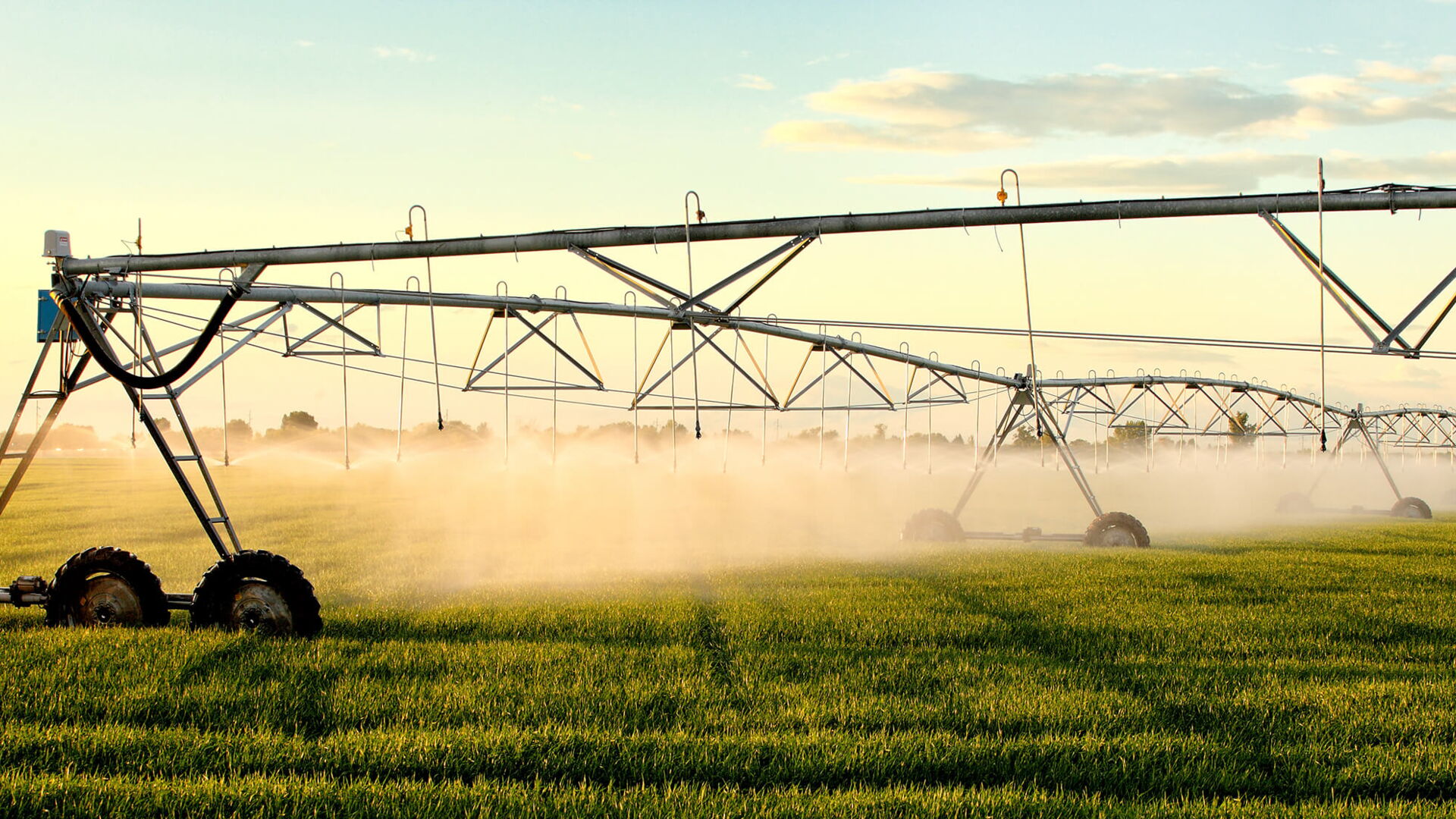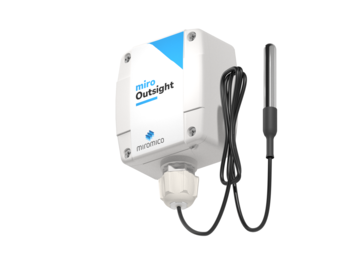Smart agriculture offers a myriad of advantages crucial for modern farming.
Benefits of Smart Agriculture
Increased Efficiency
Optimizes resource usage to achieve higher crop yields.
Informed Decision-Making
Provides real-time data to enhance crop management decisions.
Sustainability
Reduces environmental impact and minimizes resource wastage.
Cost Savings
Lowers operational costs through more efficient practices.
Enhanced Crop Quality
Improves the consistency and quality of produce.
Climate Resilience
Helps farmers adapt to changing weather patterns.
Smart Agriculture Solutions
Smart agriculture solutions use innovative technologies to transform farming into a more efficient, data-driven, and sustainable industry.
Precision Farming
Utilizing sensors and data analytics to optimize planting, irrigation, and pesticide application for increased yield and resource efficiency.
IoT in Agriculture
Implements connected devices to monitor and manage farm equipment, livestock, and environmental conditions in real time.
Farm Management Software
Using specialized software for inventory management, financial tracking, and overall farm optimization.
Data-Driven Insights
Leveraging big data and analytics for predictive modeling, disease detection, and informed decision-making.
Automation and Robotics
Introducing automated processes for tasks like harvesting, weeding, and irrigation, reducing manual labor and improving efficiency.
Smart Greenhouses
Employs controlled-environment agriculture with climate control systems to optimize crop growth and yield.
Smart Agriculture – Use Case
Smart Agriculture – Use Case
Hay bale safety: Precautions for fire prevention.
Safety is paramount when storing hay bales. To preserve the grass over extended periods, bales are wrapped in airtight plastic film. However, during warmer months, there is a risk of dangerous heat buildup within the bales, which can lead to spontaneous fires. A single ignited hay bale could cause significant damage.
To address this risk, sensors have been integrated into the hay bales at various storage locations to continuously monitor internal temperatures. These sensors are crucial as they provide early warnings if the temperature exceeds a predefined limit. Upon receiving such a warning, the farmer can take immediate action to mitigate the risk of a fire. This proactive monitoring not only significantly reduces the risk of fires but also ensures the safety of the agricultural operation.




